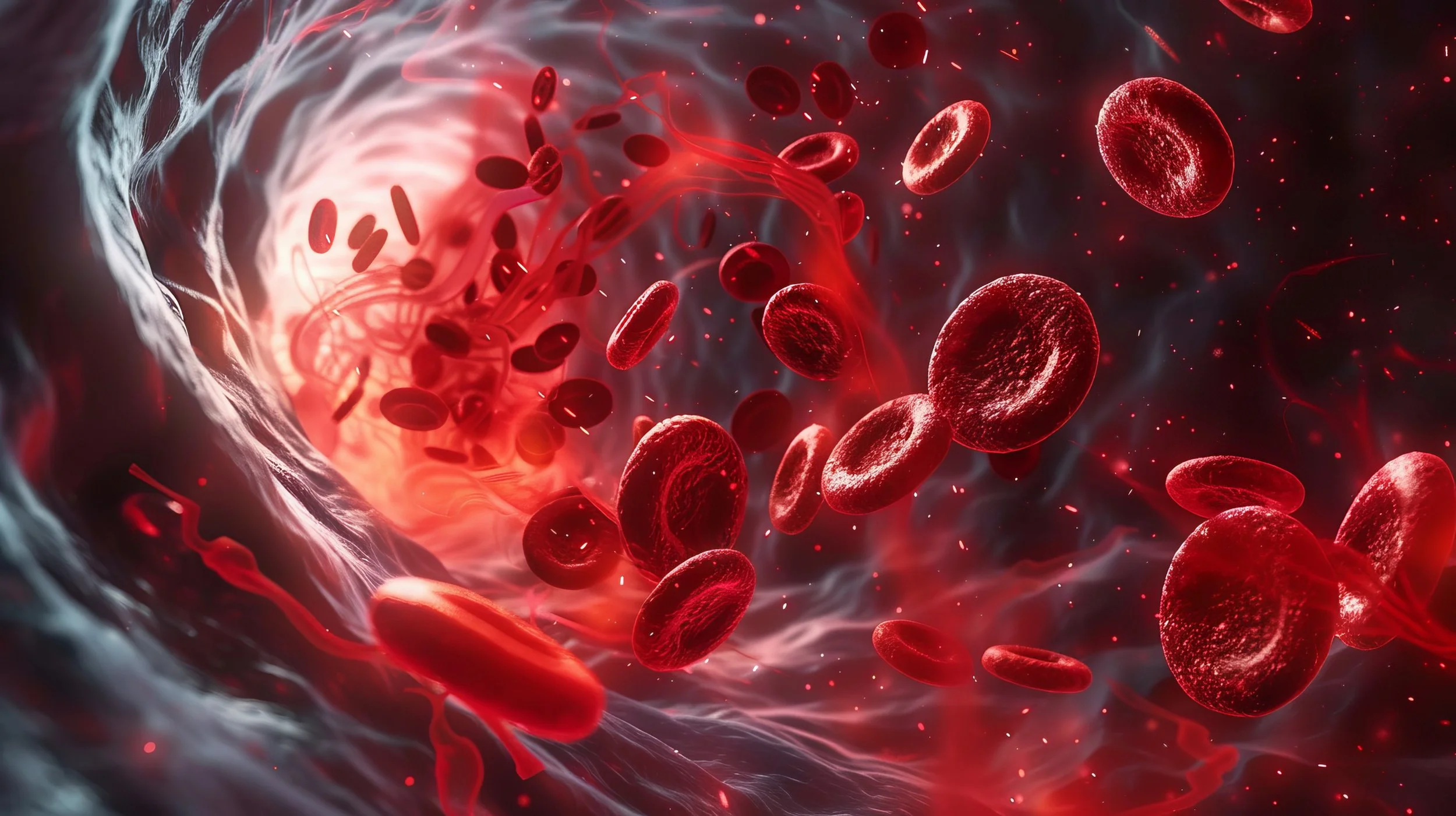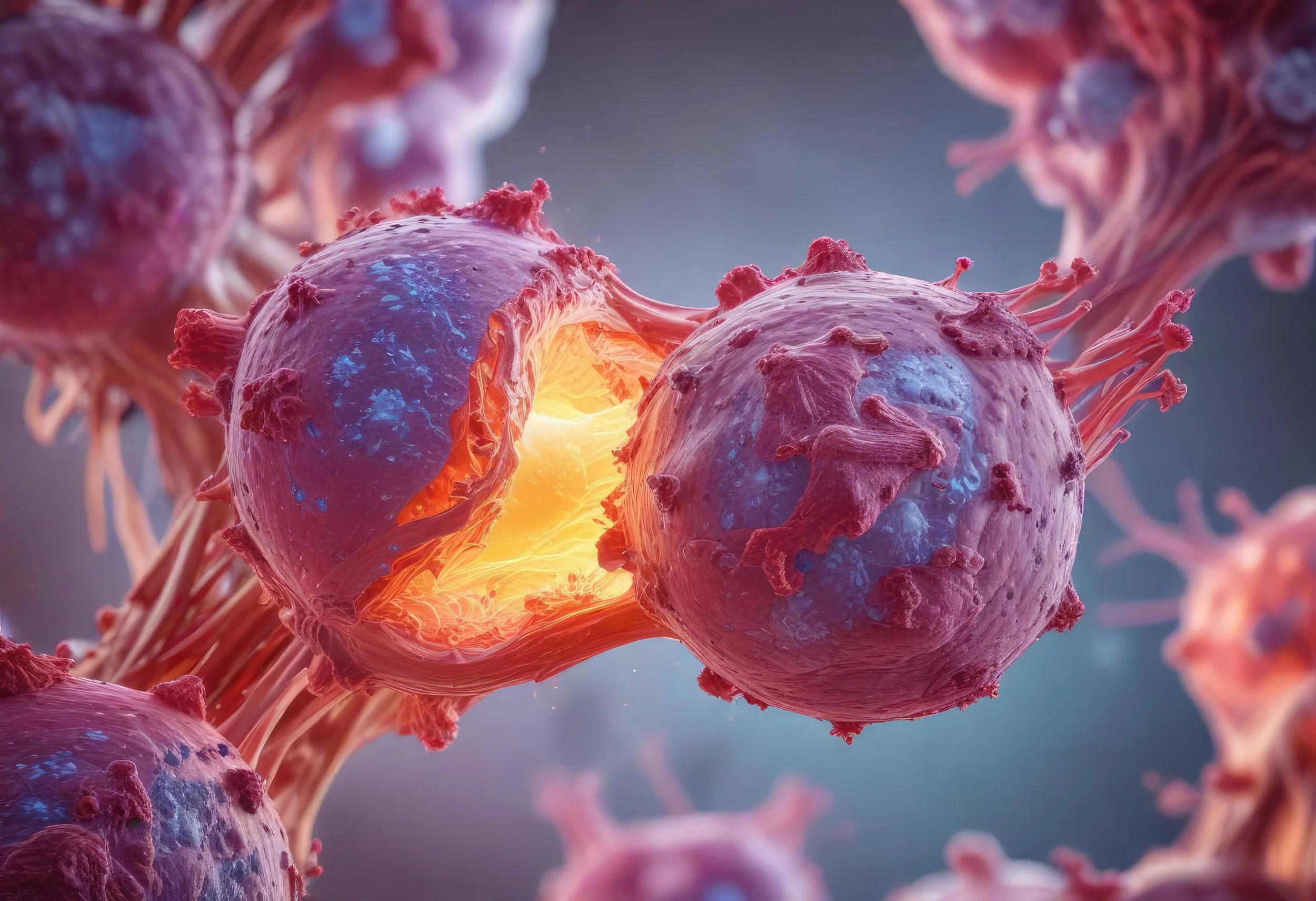
The Slow COMT Roadmap
Suspect the Slow COMT gene? Learn exactly what to take and how to take it.
📦 What You’ll Get Inside the Slow COMT Roadmap
✔️ Step-by-step guide to balancing your slow COMT brain and body
✔️ Direct (non-affiliate) links to Dr. Malek’s recommended supplements on Amazon, tiered by week and month
✔️ Free access to the Slow COMT Cheat Sheet
✔️ AVOID the methylation traps that make symptoms worse
✔️ Full access to the new ROADMAPS TO HEALTH platform, covering Estrogen, Histamine, Iron, Sulfur, Energy, and more
✔️ Instant access + all future updates
✔️ Email support for follow-up questions
Why I Developed the Slow COMT Roadmap
Fix overstimulation, dopamine crashes, and supplement reactivity—at the root.
As an IFM-trained Functional Medicine physician,* I have experience solving a wide variety of disorders. Too many symptoms and conditions are seen as mysterious by the modern medical paradigm. But when we combine medical science with authentic care, we can find answers to your chronic symptoms.
The Slow COMT Roadmap is a structured, clinically-informed protocol designed specifically for those with the slow COMT variant. It cuts through conflicting advice to give you a precise, step-by-step blueprint for stabilizing your nervous system, improving dopamine metabolism, and restoring calm, sustainable focus.
You’ll learn how to:
Sequence magnesium, riboflavin, and methyl donors without overload
Interpret catecholamine labs and COMT-related SNPs
Build tolerance to supplements you’ve previously reacted to
Reclaim sleep, stress resilience, and executive function
This product is part of the Roadmaps to Health platform. Access includes updates, linked resources, and companion guides.
~ Dr. Malek
*Medical care in licensed states; wellness support elsewhere.

“Since I began supplementing using your Roadmap, I’ve made significant gains in both sleep and calmness of mind.”
— Roadmap Member, via email
🎁 FREE for Your First Month
then $19.99/month, cancel anytime
✓ No risk • ✓ No spam • ✓ Cancel anytime
Or Preview the Roadmap INSTANTLY:
You Might Not Know About Slow COMT. But Your Body Feels It
Have you ever wondered why some people seem to get overwhelmed easily, feel wired after a cup of coffee, or struggle with anxiety even when life is going well? The answer might lie in your genes—specifically a little enzyme called COMT.
If you have what's known as a slow COMT gene, your body processes certain brain chemicals and hormones more slowly than others. That’s not necessarily a bad thing, but it does come with some unique challenges and strengths. Let’s break down why slow COMT matters, how it affects your mood, stress levels, hormone balance, and what you can do to support your body if this sounds like you.

1. Mental Health and Mood Regulation
COMT is responsible for breaking down dopamine and other catecholamines. If you have a slow COMT variant, these brain chemicals can build up more easily, leading to:
Increased anxiety and stress sensitivity (too much dopamine/norepinephrine in the prefrontal cortex)
Overthinking or "racing thoughts"
Perfectionism or difficulty relaxing
On the positive side, people with slow COMT often have high mental focus, creativity, and drive—as long as they manage their stress well.

2. Estrogen Detoxification
COMT also plays a key role in metabolizing estrogen, especially the potentially harmful catechol estrogen metabolites. A slow COMT can lead to:
Estrogen dominance symptoms, such as PMS, heavy periods, breast tenderness, or fibroids
Increased risk of hormone-sensitive cancers, like breast or prostate cancer, if other detox pathways are impaired

3. Detox and Methylation
COMT requires methyl groups to function. If methylation is impaired (due to MTHFR mutations or poor nutrition), COMT activity slows even further. This can lead to:
Toxin buildup
More inflammation and oxidative stress
Mental health imbalances due to poor neurotransmitter clearance

4. Nutrient Needs and Sensitivities
People with slow COMT may need extra support from:
Magnesium, which helps calm the nervous system
B vitamins, especially B12 and folate, to support methylation. They may also be more sensitive to stimulants, like caffeine, and may need to watch their intake of dopamine-boosting supplements, such as tyrosine or L-Dopa.
The Cheat Sheet
When you sign up for the Roadmap, you’ll also get free access to my popular Slow COMT Cheat Sheet:
This is your one-page quick-reference to your slow COMT variant—a quick infographic guide to all the key elements to dealing with a slow COMT:
The most important supplements to take (including dosages and direct Amazon links!),
The most important foods to eat,
And the most important supplements and medications to avoid.

Your subscription to the Slow COMT Roadmap now also gives you full access to:
Roadmaps to Health
A structured platform for solving the most common nutrient-driven health blocks—step by step.
~ Finding Health in Century 21 ~
The Scientific Explanation of the COMT Gene
If you’re wondering what the COMT gene is on a medical level, this section is for you. Of course, if you have any questions, schedule a free consultation with Dr. Malek.
The COMT gene produces the COMT enzyme, which is responsible for breaking down certain neurotransmitters—mainly dopamine, norepinephrine, and epinephrine—as well as catechol estrogens, which are estrogen metabolites. It does this through a process called methylation, which requires methyl donors like SAMe to function properly. This enzyme is especially active in the prefrontal cortex, the part of the brain responsible for decision-making, focus, and emotional regulation.
One of the most well-known genetic variations of the COMT gene is called Val158Met. People with the “Met/Met” variant have a slow COMT, meaning they break down these chemicals more slowly, which can lead to higher levels of dopamine and estrogen in the body. While this can enhance focus, memory, and drive, it can also increase the risk of anxiety, hormone imbalances, and sensitivity to stress or stimulants.
COMT activity is also influenced by your body’s overall methylation capacity, so if you have other genetic issues like MTHFR mutations or poor B-vitamin status, your COMT function may be even more sluggish.
You also get access to exclusive Slow-COMT-focused material from Dr. Malek:
New articles added regularly

You Deserve Answers. Let’s Get to the Bottom of Slow COMT Issues and Symptoms
If you suspect that a slow COMT gene is behind your mood swings, hormone imbalances, or trouble handling stress, you're not alone—and you don’t have to figure it out on your own.
Understanding your COMT status can open the door to real solutions. That’s why Dr. Malek created a clear, easy-to-follow Slow COMT Roadmap—a popular guide that walks you through what this gene means for your health, how to spot the symptoms, and which supplements and lifestyle shifts can help you feel more balanced. Whether you're dealing with anxiety, fatigue, estrogen dominance, or dopamine overload, this guide gives you actionable steps to support your body’s natural detox and hormone pathways.
Get access to Dr. Malek’s roadmap today and start working with—not against—your genes.

























